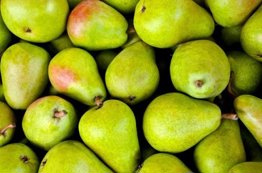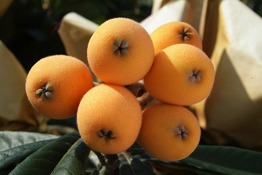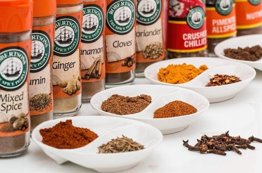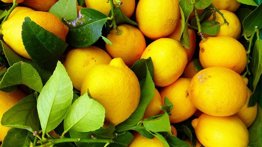Nissan shemitah updates
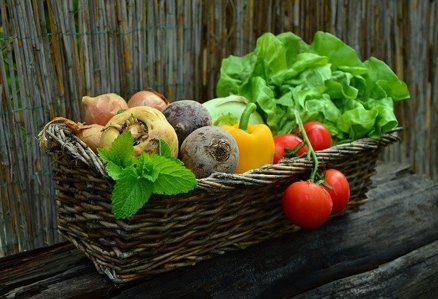
Work in the garden, new fruit and more - the month of Nissan
Work in the garden
Weed maintenance: note that fire prevention is another important consideration and it is permissible to cut down weeds to prevent fire.
Lawn care: Warm weather will increase grass growth. It is recommended to keep the grass blades short now and gradually raise the height of the blades later on during the summer. It is important to mow frequently and regularly to maintain a uniform height. Scalping cuts the stem and is forbidden during shemitah.
It is permissible to apply treatment for lawn pests, such as grubs, using lawn grub killer, and the like, as long as the material does not include fertilizer.
Snails: There is often increased snail activity during this season. For young plants, where there is a concern of irreversible damage, or for ornamental plants where partially eaten leaves significantly mar their appearance, it is permissible to treat the plants chemically or remove snails manually.
Water as needed, preferably with spacing out watering times. In most places the ground still retains large amounts of water, so there is no need to water for several weeks following the last rain. It is important to water plants in planters, but not very often.
Following the long, cold winter many plants present yellow, restrained foliage, which does not necessarily attest to a lack of fertilizer. To decide on the need to fertilize for damage prevention, wait for for them to bloom and see the plant's development and renewed growth.
Pest control is permitted only if there is a concern for significant damage. Halachically, it is preferable to apply pesticides to irrigation water.
Fruits, vegetables, and legumes
This month we can expect more shemitah fruits: apricot, cherry, fig, hackberry, nectarine, peach, and plum. In light of the long cold season, it is possible for these fruits to be somewhat late. These fruits are in addition to the fruits that already belong to the shemitah year: blueberries, pitaya, passionfruit, prickly pear (sabra, certain varieties), dragonfruit, and Peruvian apple cactus.
Fruit
Peach, nectarine, hackberry, cherry, apricot, plum, fig. In light of the long cold season, it is possible for these fruits to be somewhat late.: peach, loquat, nectarine, and even early table grapes. These fruits are in addition to the fruits that already have kedushat shevi'it: blueberries, pitaya, passionfruit, prickly pear (sabra, certain varieties), dragonfruit, and Peruvian apple cactus. This is true for fruits available in stores and also in home gardens.
Vegetables
All vegetables in the market today probably belong to the shemitah year. Furthermore, nearly all vegetables at this point of the year may be sefichin (exceptions include: sweet potato, pumpkin, horseradish.) For this reason, it is important to buy vegetables in places with kashrut certification only.
Legumes
Most legumes are generally not grown in Israel on a commercial level: rice, lentils, dried beans, soy beans, so shemitah issues are not relevant.

